As Joe Biden takes over as the new US president replacing Donald Trump, many US policies are expected to change. Here we reproduce and analyse how the media across the world sees this change in regard to policies towards India, Pakistan, world and the US itself

States hardly make rudimentary shifts in their foreign policies. Allies remain unchanged but there are always possibilities of changing the perceptions. But changes may happen to reverse the world order that a businessman wanted to build.
India
Prime Minister Narendra Modi’s political base was ecstatic when Donald Trump became president, one reason for this being his unabashed Islamophobia. They also saw his victory as a sign of the global legitimacy of nationalist politics. In a similar fashion, a Democrat victory will have an opposite impact on global politics.
Democrats will be back to seeing mutual, shared democratic values of religious freedom, tolerance and democracy as underpinning the India-US relationship. A shared enemy in China alone will not be enough.
Biden has been disappointed by the measures that the government of India has taken with the implementation and aftermath of the NRC in Assam and the passage of the CAA into law, a policy paper by Democrats said.
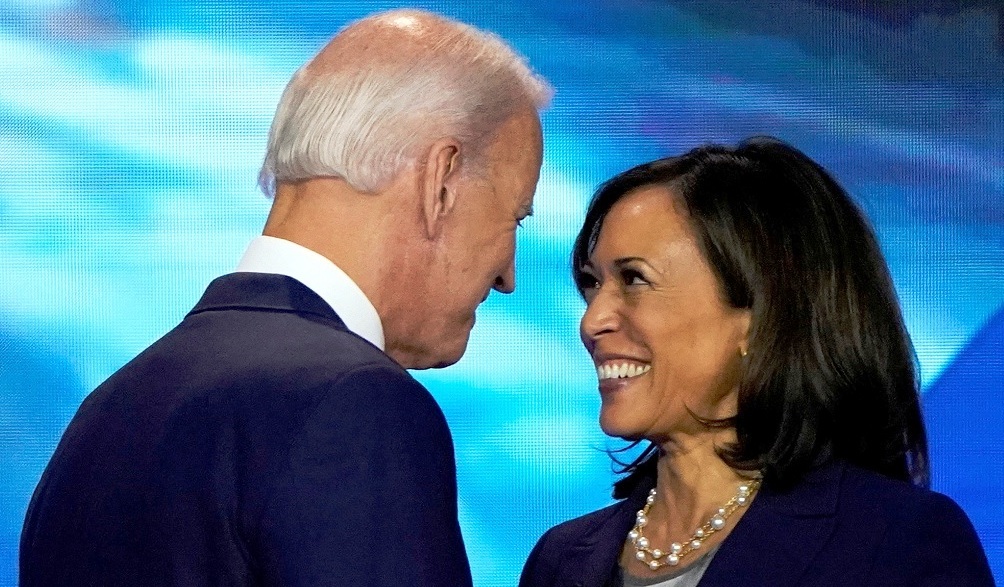
According to this policy paper, Joe Biden’s agenda for the Muslim American community posted recently on his campaign website, these measures (the CAA and the National Register of Citizens) are inconsistent with India’s long tradition of secularism and with sustaining a multi-ethnic and multi-religious democracy.
The Indian government maintains that the CAA, which was passed by Parliament, is an internal matter of the country and has stressed that the goal is to protect the oppressed minorities of neighbouring countries.
According to the CAA, members of the Hindu, Sikh, Buddhist, Jain, Parsi and Christian communities who have come from Pakistan, Bangladesh and Afghanistan till December 31, 2014, following religious persecution there will get Indian citizenship.
Similarly, Delhi has said that the updation of the NRC in Assam is an “entirely internal” process carried out at the direction and under the supervision of the Supreme Court.
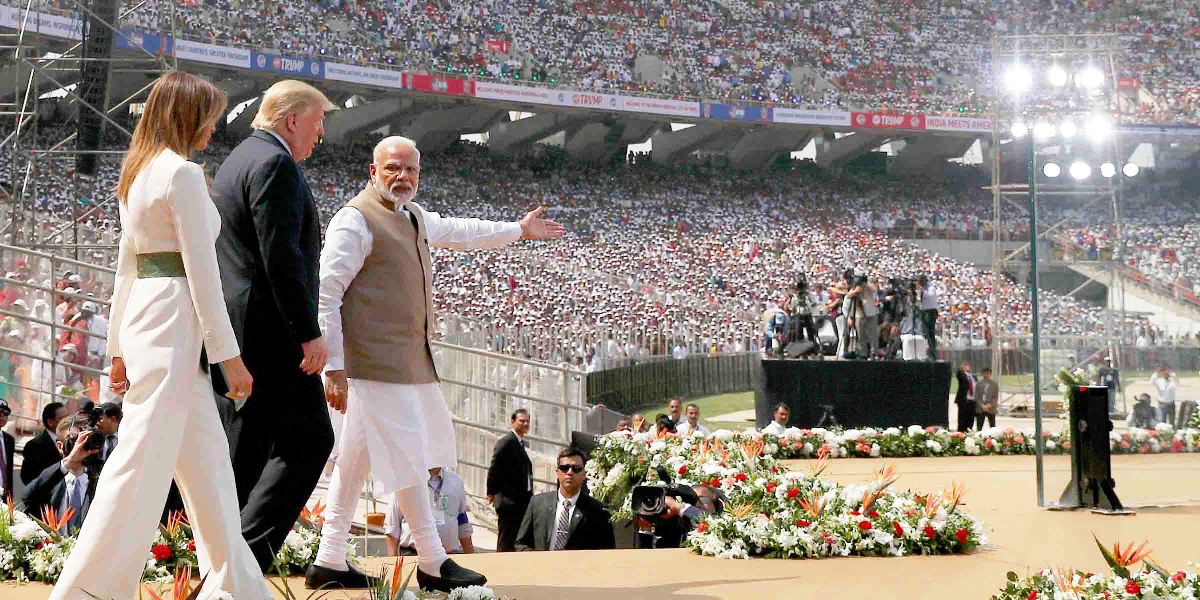
However, Biden as the US Senator for decades and as the vice president under the previous president Barack Obama for eight years has been known as one of the best friends of India and Indian-Americans. He played a key role in the passage of the Indo-US civil nuclear deal and advocated increasing the bilateral trade to the US $500 billion per annum. Biden regularly hosted Diwali at his official residence and is well-connected with the Indian-Americans.
But it is also true that the Trump administration’s growing hard-line on China has aligned well with India at a time of growing Chinese aggression at the Line of Actual Control (LAC). Trump also did take a hard line on Pakistan, if only to avoid giving money to Islamabad. Yet in the bargain, he also ceded space to Islamabad in the Afghanistan peace talks.
So, for now, there is a convergence between India and the US strategic interests. Irrespective of whichever party is in power in Washington, the India policy followed since 2000 will not be disrupted. Modi’s government defence co-operation with the US is a bulwark against China. Not that the US will fight China on India’s behalf, but having the US, the world’s only superpower on its side is a plus.
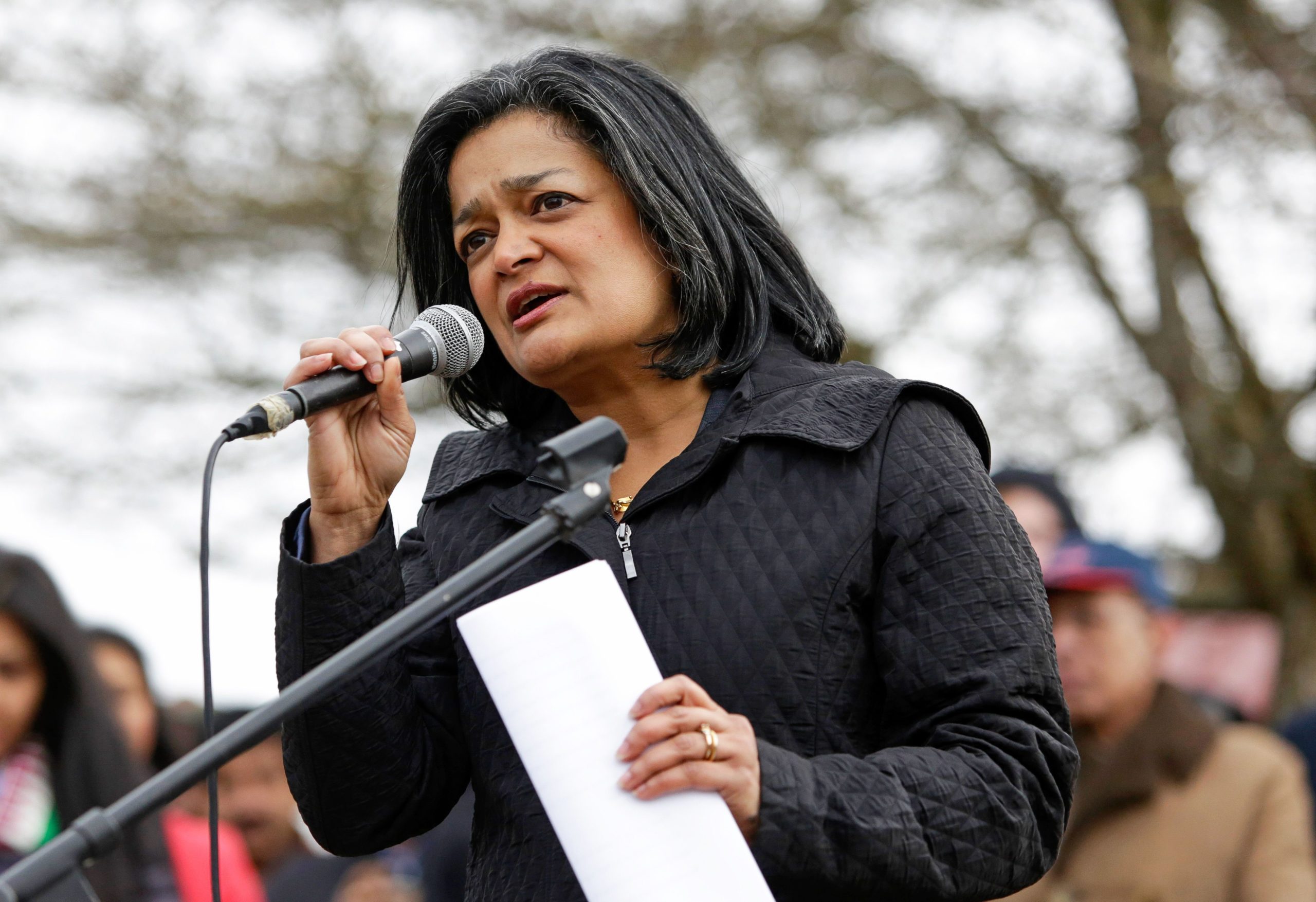
In many respects, the relations with a Biden Administration would be more stable as it moves away from Trump’s transactional view of foreign affairs. Trade negotiations, especially with a Biden White House, are expected to be smoother. As a long time politician, who is not a businessman like Trump, Biden’s approach would not be the all or nothing approach of the Trump White House. A trade agreement with the US will be easier to work out. Also on immigration and HIB visas, the path would be smoother. Tech companies both in the US and India will get much-needed relief when the visa issue is cleared.
Yes, a Democratic White House will be more value-based democracy and human rights will be central, but that does not mean that strategic ties with India will be affected.
“Given China’s close economic and security relationship with Pakistan,” Reva Goujon, managing director at Martin+Crumpton, a global strategic advisory company based in Washington is quoted to have said. “India can still take comfort that the US will prioritize its relationship with New Delhi over Islamabad in building up a stronger regional counterbalance to China.”
Pakistan
Many observers expect a pro-Pakistan tilt in the new US administration considering remarks made by Biden and other Democratic leaders after India scrapped Kashmir’s special status.
There are other reasons for this hope, especially in Pakistan. In 2008, Pakistan had conferred Biden with the second-highest civilian honour, Hilal-e-Pakistan. Joe Biden and Senator Richard Lugar were behind the proposal to bring the US $ 1.5 billion non-military aid to Pakistan. Lugar too was awarded the Hilal-e-Pakistan.
Asif Ali Zardari, then the President of Pakistan, had thanked the two for “consistently supporting Pakistan”.
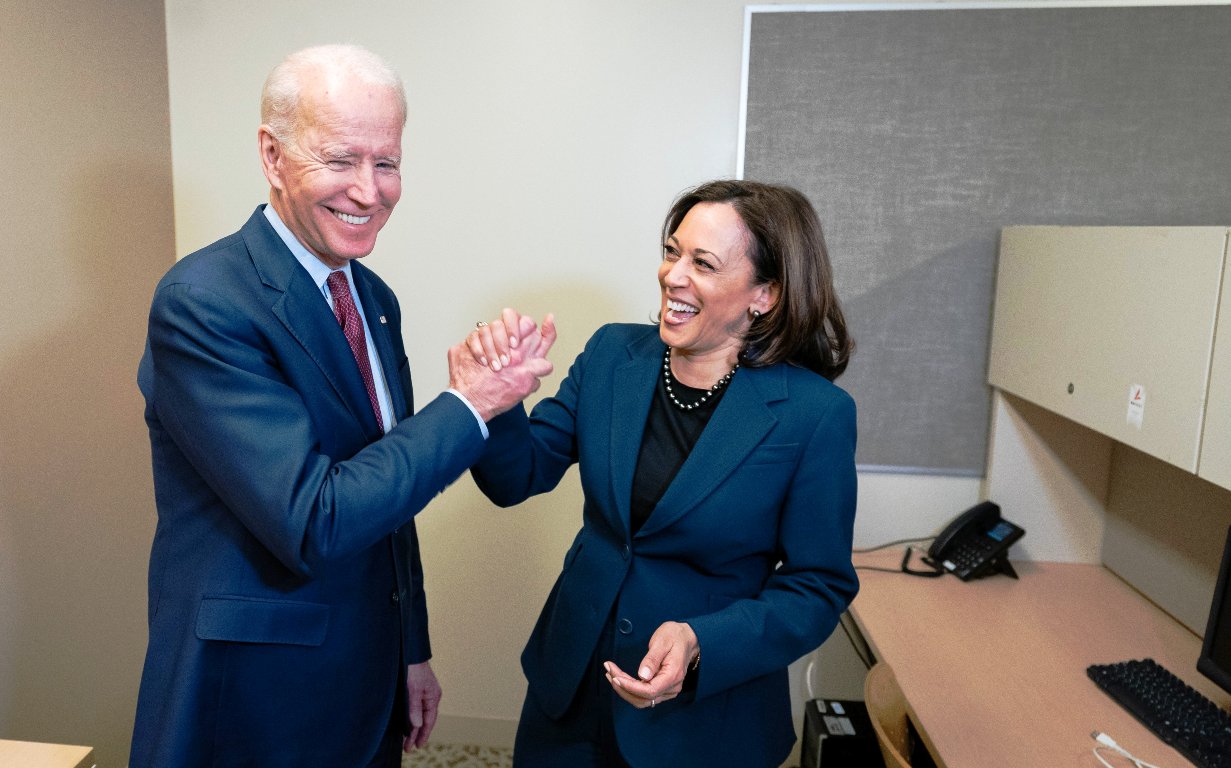
Pakistani analysts feel that Biden will return the old era of diplomacy between the two countries. He is expected to give a new dimension to relations with Pakistan in his foreign policy. In such a situation, it is hoped that during Biden’s tenure, relations between Pakistan and America will be better than today.
Notably, relations between the US and Pakistan have deteriorated during Trump’s tenure as President due to his not-so-diplomatic approach, making him unpopular in Pakistan. Trump has repeatedly lashed out at Pakistan on several public forums. He enacted several laws restricting citizens coming from Muslim countries. Therefore, Pakistan wants Trump to move out of the White House.
Biden will also want to withdraw troops from Afghanistan, but he’ll be a steadier hand and reduce chances of Pakistan’s nightmare scenario: an abrupt withdrawal of US forces in Afghanistan, which destabilises the region and brings both violence and refugees to Pakistan.
Many Pakistani observers think there has been no Pakistan policy in Washington DC for the last two decades. Everything has been done through the lens of Afghanistan. They like to say that when America needed to defeat the Taliban, Pakistanis were the troublemakers who needed to ‘do more’. Similarly, when America wanted to break bread with the Taliban to negotiate a withdrawal deal, Pakistanis were suddenly transformed into peacemakers. Can a Joe Biden administration finally craft a missing Pakistan policy in Washington DC? This will be clear when Biden presidency is in place and chalks out its policy towards South Asia.
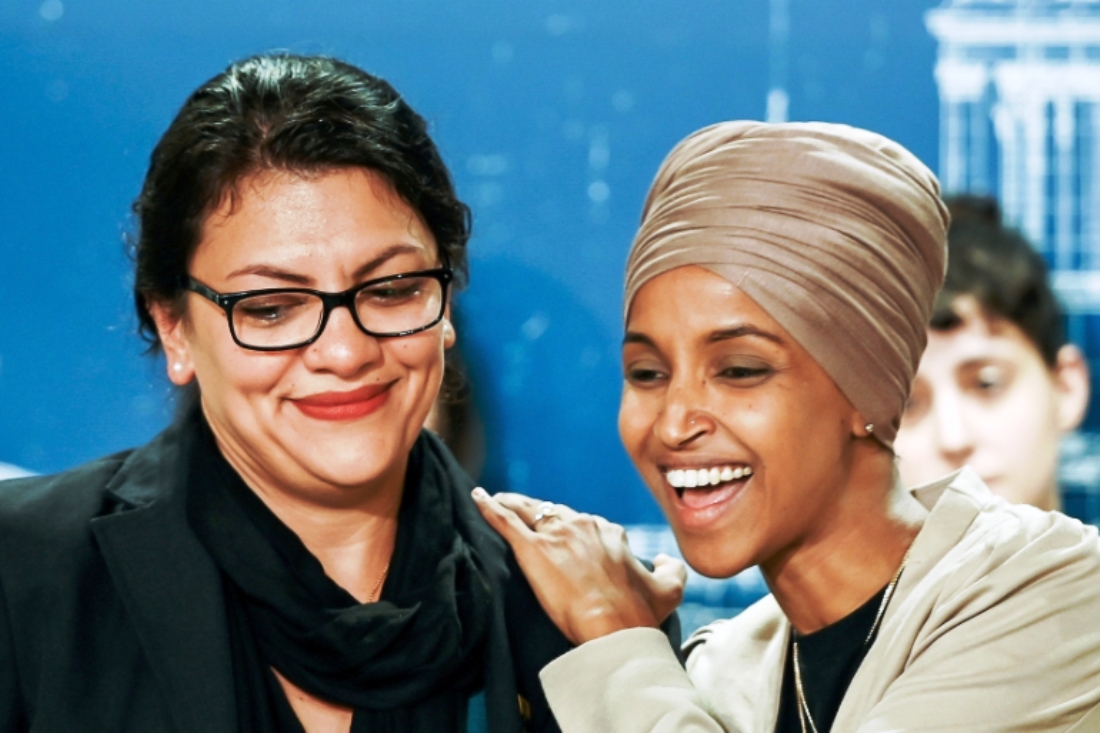
Similarly, observers in Pakistan think that keeping in mind Biden’s view on Iran, Pakistan could engage in proactive diplomacy and present a vision for the region (Iran, Afghanistan, Pakistan) that is both peaceful and prosperous. Transforming one of the most violent and volatile regions of the world into a region that inspires hope could give America a face-saving exit from Afghanistan while nurturing new friends in arch-rival China’s backyard.
“The Trump-era contempt for diplomacy will end if Biden is elected. But we shouldn’t raise the bar of expectation,” said Talat Masood, a retired lieutenant general and a senior analyst of political and military affairs to a Pakistani publication.
“This suggests that Pakistan and the region stand to gain from a Biden presidency that would seek to regain leadership on the global stage and to improve ties with important countries including Iran and even potentially, to a modest extent, China,” said Michael Kugelman, Deputy Director for South Asia Program at the Woodrow Wilson Centre in Washington has told Pakistan daily Tribune. “Since Trump and Biden both have, generally speaking, similar views on Pakistan and the region, I don’t think we should overstate the election’s impact in South Asia”.
Kashmir
Joe Biden’s presidential campaign has been outspoken about Kashmir. In Joe Biden’s Agenda for Muslim Americans the campaign lists atrocities against the Muslim community across the world, and clubs together Kashmir with the persecution of Rohingyas in Bangladesh and the Uyghurs in western China.
“In Kashmir, the Indian government should take all necessary steps to restore rights for all the people of Kashmir. Restrictions on dissent, such as preventing peaceful protests or shutting or slowing down the Internet, weaken democracy,” it noted. Possibly because of this outreach, almost 69 per cent of the million-odd American Muslims voted for Democrats. They now have three members in Congress as five Muslims will enter five different legislative bodies in different American states.
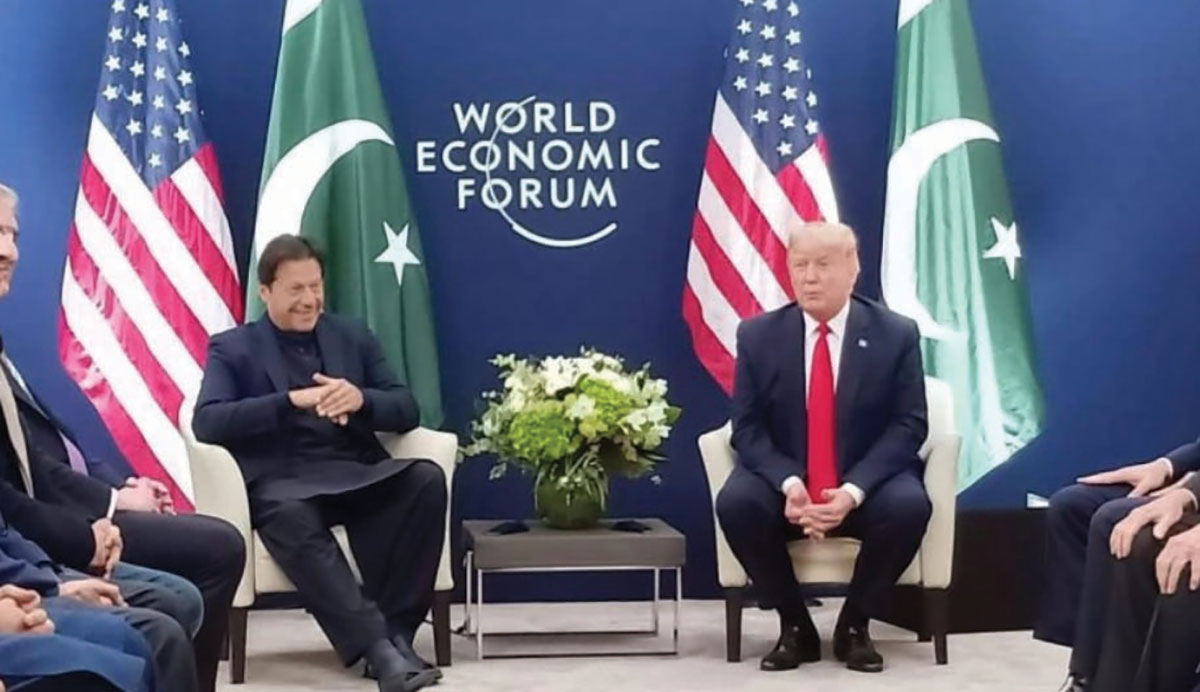
“We may see more US criticism of India’s policies in Kashmir and its domestic policies under a president Biden, especially if a Biden White House brings in some liberal Democrats to serve in senior foreign policy roles,” Michael Kugelman, deputy director and senior associate for South Asia at the Wilson Centre, an American think tank told Quartz. “But I wouldn’t overstate this possibility. Given the importance that the US accords to the partnership with India, we’d likely see a Biden administration want to be careful not to antagonize New Delhi”.
Biden’s running mate, Kamala Harris, whose mother was Indian, has been a vocal opponent of the Modi government’s Kashmir policies. Interestingly, another Democratic house representative, Pramila Jayapal, who tabled the resolution to end the communications restrictions in Kashmir has been accorded a prominent position in the campaign’s deliberation for a unified platform. She was re-elected to the Congress.
The US, World
Biden is promising to take the US on a very different path from what it has seen over the past four years under Trump, on issues ranging from the Coronavirus and health care to the environment, education and more.
Biden is promising to reverse Trump policy moves on things such as withdrawing the US from the Paris climate agreement and weakening protections against environmental pollution.
While Trump wanted to kill the Affordable Care Act, Biden is proposing to expand “Obamacare” by adding a public option to cover more Americans.
The health care law known as Obamacare was a hallmark of the Obama administration, and Biden wants to build on that to provide coverage for all. He would create a “Medicare-like public option” to compete alongside private insurance markets for working-age Americans while increasing premium subsidies that many people already use. Solid middle-class households would have access to subsidized health insurance.
Biden has called Trump’s actions on immigration an “unrelenting assault” on American values and said he would “undo the damage” while continuing to maintain border enforcement.
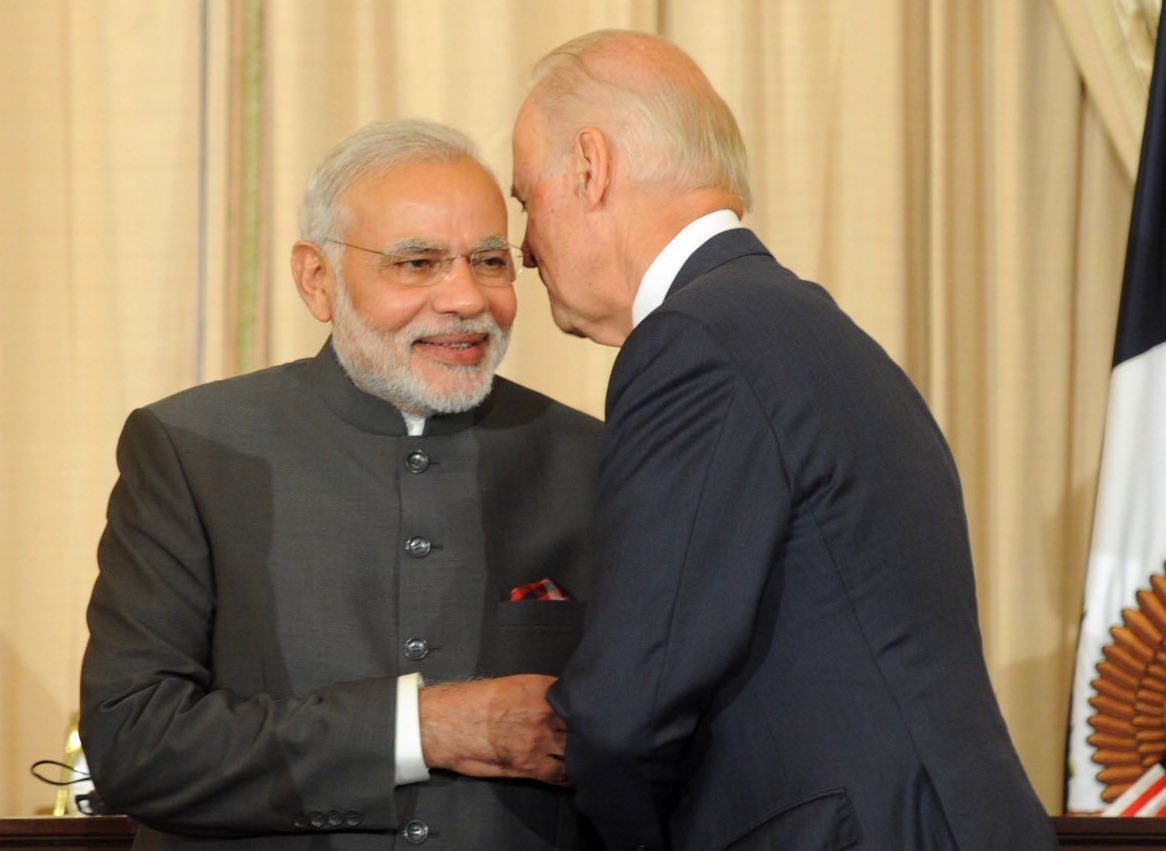
Biden supports a strategy of fighting extremist militants abroad with US special forces and airstrikes instead of planeloads of US troops. He wants to see the US close the detention facility at Guantanamo Bay. He has backed some US military interventions, including the 2003 invasion of Iraq that he now says was a mistake, but he leans toward diplomacy and trying to achieve solutions through alliances and global institutions.
As a strong supporter of the NATO, he warns that Moscow is chipping away at the foundation of Western democracy by trying to weaken NATO, divide the European Union and undermine the US electoral system.
Biden calls for increasing the Navy’s presence in the Asia-Pacific and strengthening alliances with Japan, South Korea, Australia and Indonesia. He joins Trump in wanting to end the wars in the Middle East and Afghanistan but thinks the US should keep a small force in place to counter-terrorism.
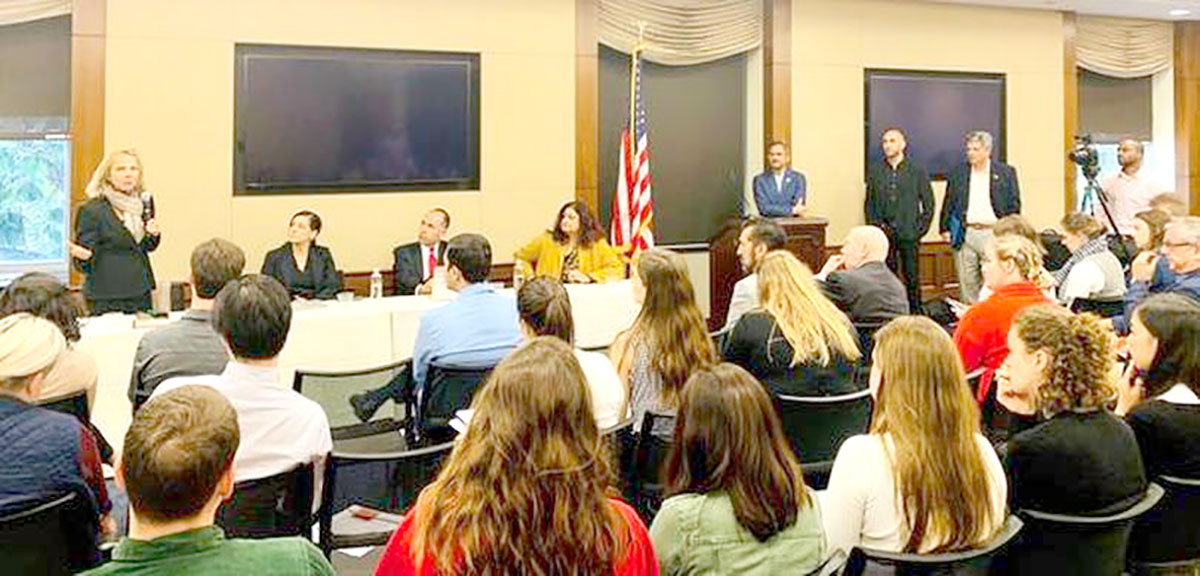
Biden says Trump’s decisions to exit bilateral and international treaties such as the Iran nuclear deal and the Paris climate accord have led other nations to doubt Washington’s word. Biden wants to invite all democratic nations to a summit to discuss how to fight corruption, thwart authoritarianism and support human rights.
Biden, who claims “ironclad” support for Israel, wants to curb annexation and has backed a two-state solution in the long conflict between Israel and the Palestinians. Significantly, he says he would keep the US Embassy in Jerusalem after Trump moved it from Tel Aviv.
Biden criticizes Trump’s diplomacy with Kim Jong Un, saying Trump’s one-on-one diplomacy gave legitimacy to the North Korea leader and has not convinced Kim that he should give up his nuclear weapons.
Like Trump, Biden accuses China of violating international trade rules, subsidizing its companies and stealing U.S. intellectual property. But he doesn’t think Trump’s tariffs have worked and want to join with US allies to form a bulwark against Beijing. He pledges tough negotiations with China, the world’s other economic superpower, on trade and intellectual property matters.
US Congress Has 3 Muslims As 5 Candidates Enter State Assemblies First Time















